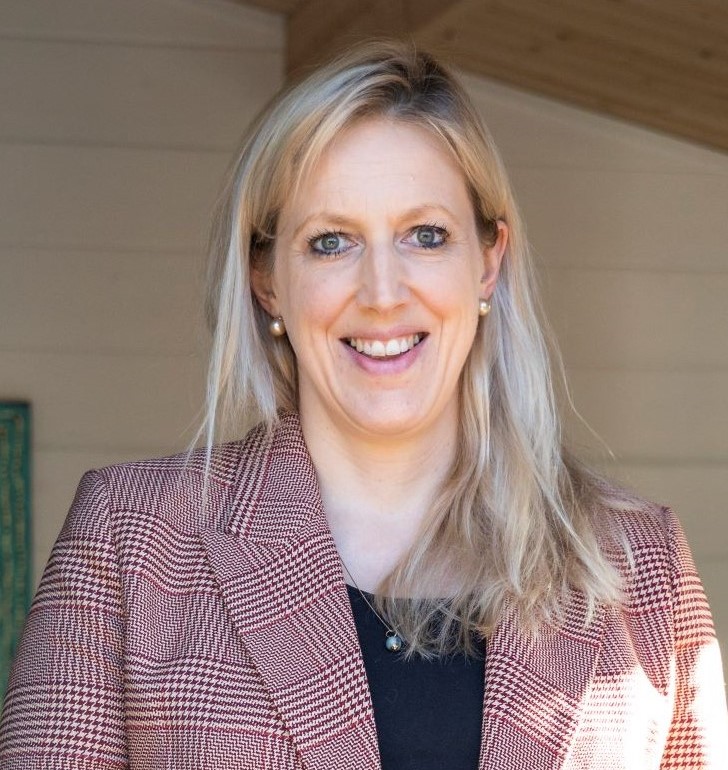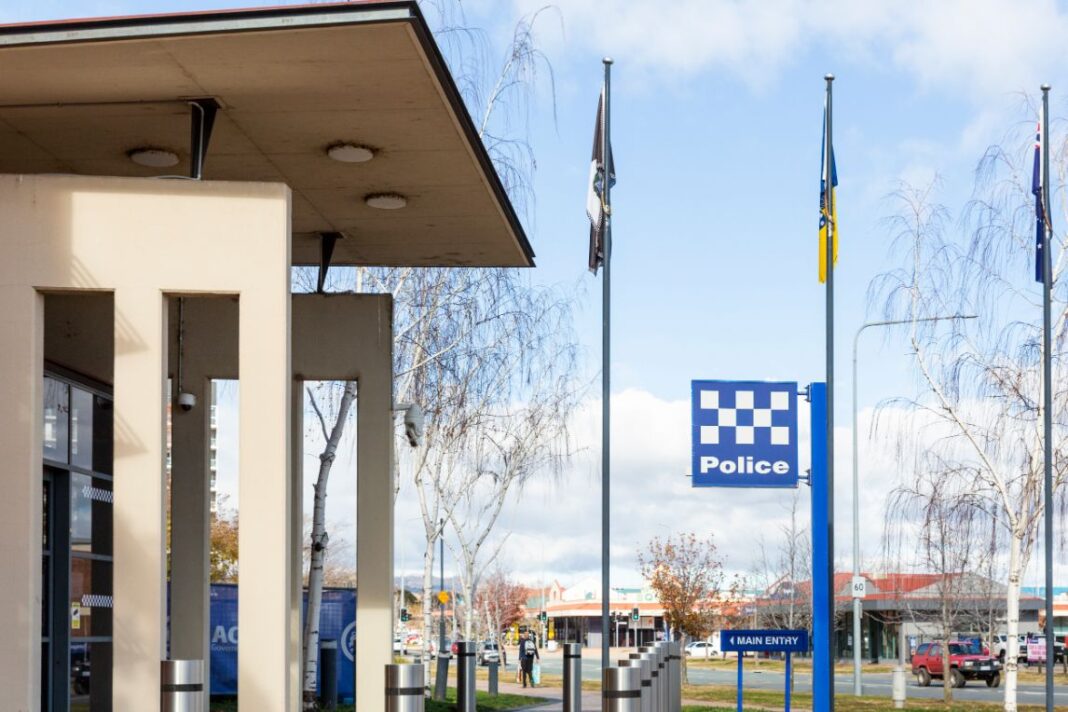The ACT Council of Social Service (ACTCOSS) is “very disappointed” by the Standing Committee on Justice and Community Safety, after giving evidence on the Evaluation of Current ACT Policing Arrangements.

The evaluation was announced in November 2019 to identify possible changes within ACT Policing before the next contract is negotiated.
ACTCOSS CEO Dr Emma Campbell gave evidence at the final public hearing on Monday (4 August).
“ACTCOSS was very disappointed by the response of the Committee to our submission. The Committee gave use barely 20 minutes,” she said.
“In response to our concerns over ACT Policing’s relationships with vulnerable communities, the Government representative on the committee, Bec Cody MLA, simply listed internal HR diversity networks as evidence of the police’s effectiveness in engaging with marginalised Canberrans, including people with disability, Aboriginal and/or Torres Strait Islander peoples, LGBTIQ+ Canberrans and Canberrans from migrant and refugee backgrounds.”
ACTCOSS’s submission commended ACT Policing on its engagement with the community during the pandemic.
However, it also highlighted concerns of over-policing disadvantaged groups, incarceration rates of Aboriginal and Torres Strait Islanders, and the need to improve engagement with the community sector.
“Given the national conversation on the injustice faced by Aboriginal and/or Torres Strait Islander people, ACT Policing need to better understand how its policing can reinforce and contribute to systemic racism and injustice,” Dr Campbell said.
“This was a missed opportunity to discuss ways for ACT Policing to improve its relationship with the community and to build trust with key groups. We also wanted to explore how ACTCOSS and the community sector can support the police to deliver more just outcomes.”
Other submissions made to the Committee included the Australian Federal Police Association, Belconnen and Weston Creek Community Councils, and Speaking Out for Autism Spectrum Disorder.
Dr Campbell had previously written to the Committee to address the lack of community organisation submissions and said she hoped more would be approached before the final report.
“Most community organisations are unaware of this Committee. It sought submissions during the summer period when our members were responding to the bushfire, smoke and hail emergencies,” she said.
“Since then, there has been no proactive effort to get submissions or invite people to give evidence. We were very disappointed that the Committee appeared unwilling to proactively engage with community organisations and organisations representing marginalised people.
“We hope that the Committee will reach out to organisations that represent Canberrans who are marginalised and face disadvantage before it issues its final report.”



